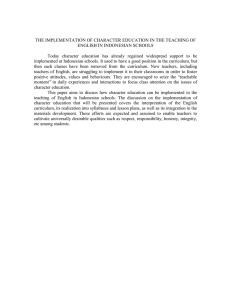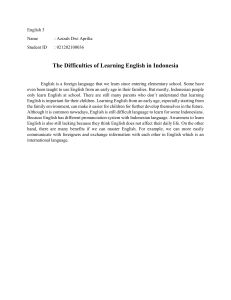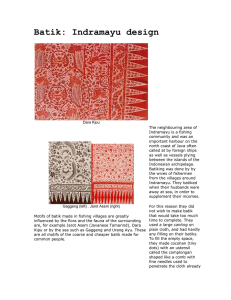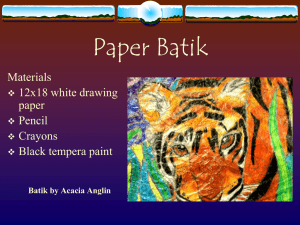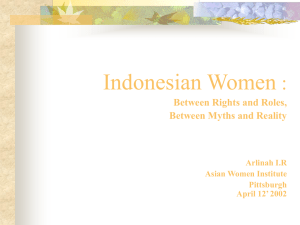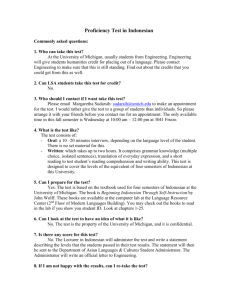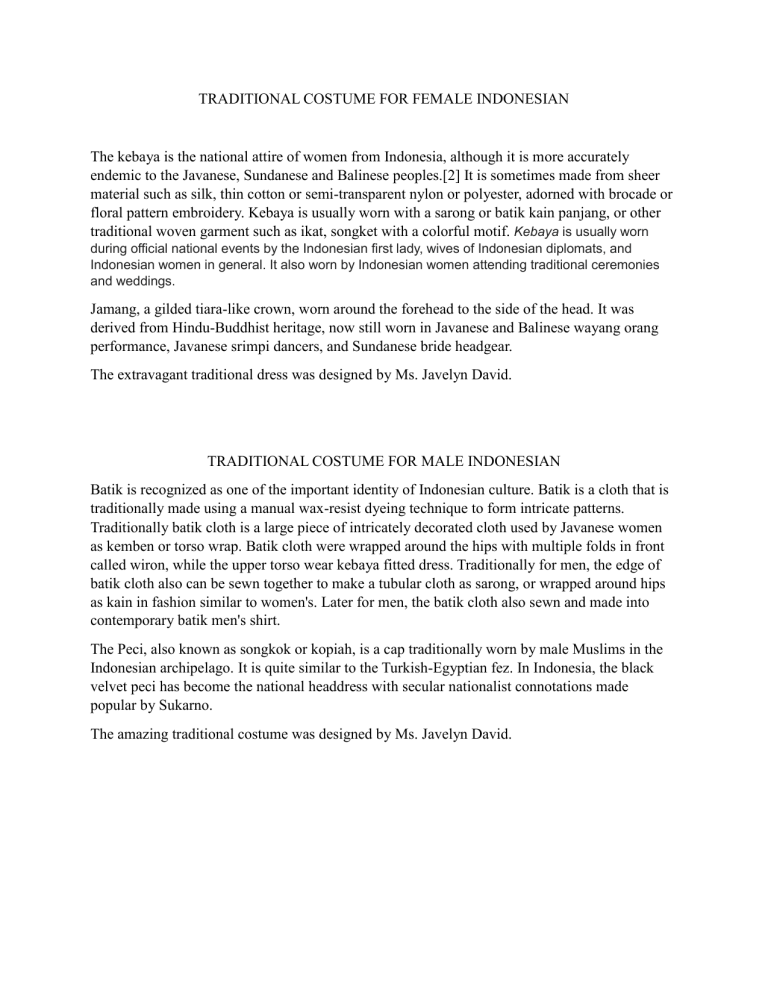
TRADITIONAL COSTUME FOR FEMALE INDONESIAN The kebaya is the national attire of women from Indonesia, although it is more accurately endemic to the Javanese, Sundanese and Balinese peoples.[2] It is sometimes made from sheer material such as silk, thin cotton or semi-transparent nylon or polyester, adorned with brocade or floral pattern embroidery. Kebaya is usually worn with a sarong or batik kain panjang, or other traditional woven garment such as ikat, songket with a colorful motif. Kebaya is usually worn during official national events by the Indonesian first lady, wives of Indonesian diplomats, and Indonesian women in general. It also worn by Indonesian women attending traditional ceremonies and weddings. Jamang, a gilded tiara-like crown, worn around the forehead to the side of the head. It was derived from Hindu-Buddhist heritage, now still worn in Javanese and Balinese wayang orang performance, Javanese srimpi dancers, and Sundanese bride headgear. The extravagant traditional dress was designed by Ms. Javelyn David. TRADITIONAL COSTUME FOR MALE INDONESIAN Batik is recognized as one of the important identity of Indonesian culture. Batik is a cloth that is traditionally made using a manual wax-resist dyeing technique to form intricate patterns. Traditionally batik cloth is a large piece of intricately decorated cloth used by Javanese women as kemben or torso wrap. Batik cloth were wrapped around the hips with multiple folds in front called wiron, while the upper torso wear kebaya fitted dress. Traditionally for men, the edge of batik cloth also can be sewn together to make a tubular cloth as sarong, or wrapped around hips as kain in fashion similar to women's. Later for men, the batik cloth also sewn and made into contemporary batik men's shirt. The Peci, also known as songkok or kopiah, is a cap traditionally worn by male Muslims in the Indonesian archipelago. It is quite similar to the Turkish-Egyptian fez. In Indonesia, the black velvet peci has become the national headdress with secular nationalist connotations made popular by Sukarno. The amazing traditional costume was designed by Ms. Javelyn David.
